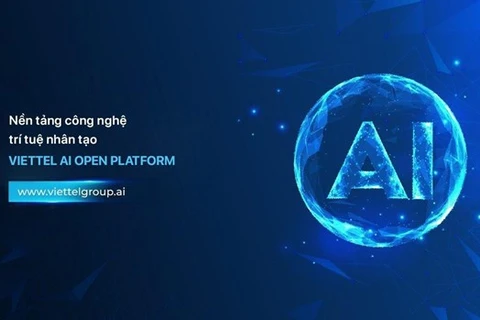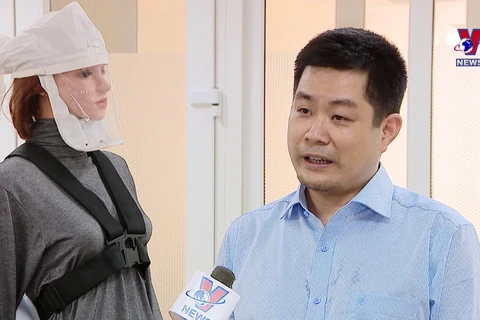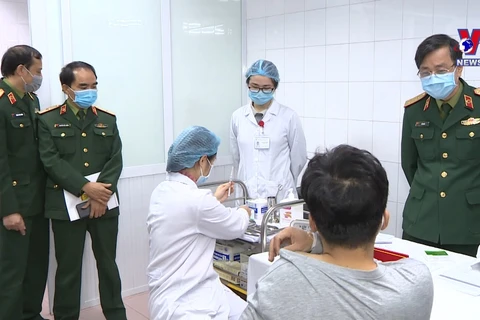VNA

Made-in-Vietnam AI platform debuted
The Viettel AI Open Platform, an artificial intelligence (AI) platform developed by the military-run telecoms group Viettel, was launched by the Ministry of Information and Communication at a ceremony on August 28.























